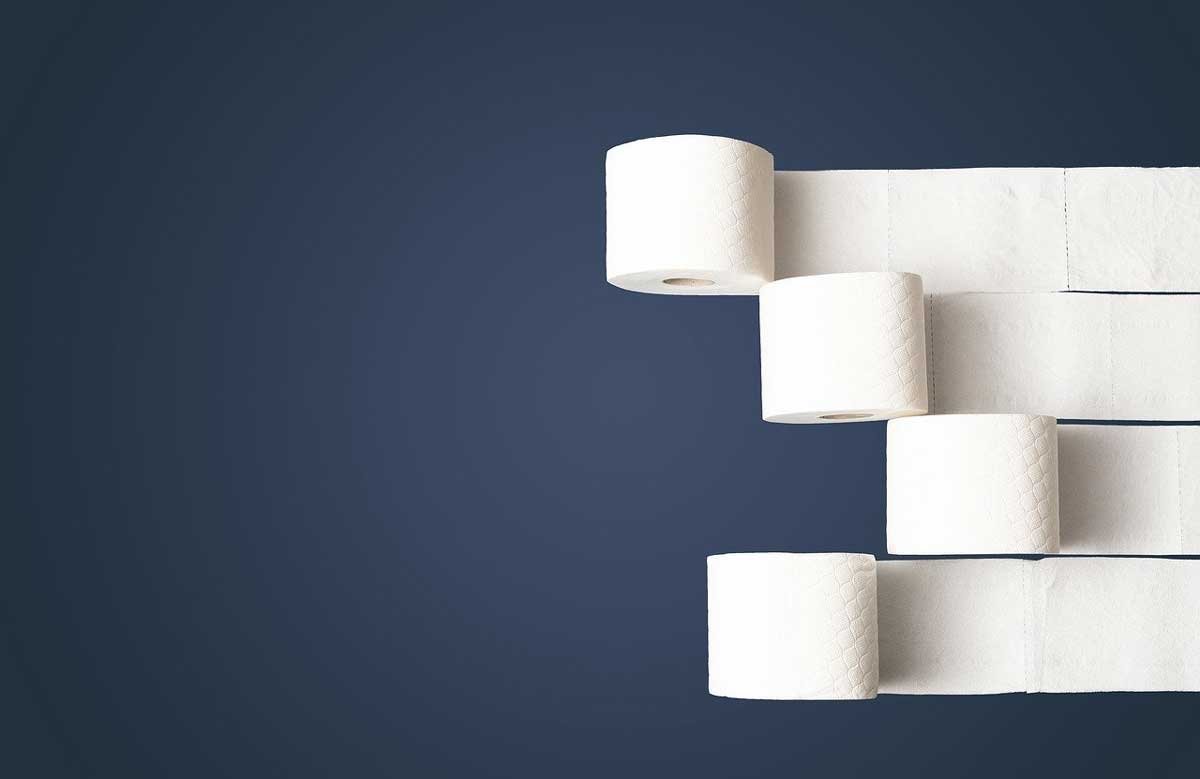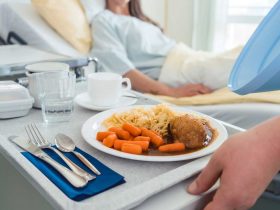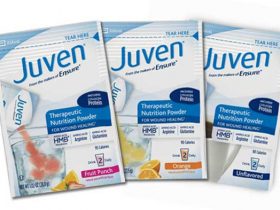By Nancy Collins, PhD, RDN, LD, NWCC, FAND
Frequent bouts of diarrhea make it difficult to care for wounds on the sacrum or coccyx, and healing often is impeded because of fecal contamination.
In a previous article we examined the common causes and types of diarrhea. It is important to have a thorough medical work-up because that can identify the cause and thereby direct the treatment plan.
Medical Treatment
The first step is to obtain a detailed medical and nutritional history. A nutritional history should include questions about the use of dietetic food products. Many patients with diabetes replace sugary foods with dietetic foods containing the sugar alcohols sorbitol, mannitol, and xylitol. These products frequently cause diarrhea, making it necessary to eliminate them from the diet if they are not well tolerated. Many medications also contain sugar alcohols, so the pharmacist should review the medication list and recommend appropriate substitutes. Magnesium-containing medications and supplements also may cause diarrhea, so the pharmacist should monitor this as well.
A stool culture sometimes is ordered to identify parasites, bacteria, or other signs of infections. In addition, sometimes stools are examined for fecal white blood cells and Clostridium difficile toxin. Blood tests can rule out or confirm the presence of certain diseases such as human immunodeficiency virus. A fasting or elimination test can confirm if diarrhea is caused by a food allergy or intolerance. Finally, a sigmoidoscopy or colonoscopy sometimes is performed.
Preventing Dehydration
The main goal of treatment for diarrhea is to prevent dehydration and electrolyte imbalance. It is necessary to correct losses of potassium and sodium as soon as possible by oral rehydration therapy (ORT). ORT is simply the provision of a proper oral rehydration solution. Water does not contain the necessary electrolytes for ORT, and sugary juices such as apple juice may worsen diarrhea. Limiting of caffeinated and alcoholic beverages is recommended.
Proper homemade and commercially produced oral rehydration solutions are both used. Commercially available products include Pedialyte® (Abbott Nutrition, Columbus, OH) and CeraLyte® (Cera Products Inc, Hilton Head Island, SC). Sports drinks such as Gatorade® (Pepsi-Co, Harrison, NY) also help. While many patients can rehydrate orally, individuals with symptoms of severe dehydration should stay in a healthcare facility so they can receive intravenous fluids.
Careful laboratory monitoring of sodium, potassium, chloride, BUN/creatinine ratio, and albumin also is necessary. Monitoring of patients with a history of hypertension or heart failure is recommended when giving high-sodium solutions.
Medical Nutrition Therapy
Medical nutrition therapy (MNT) is determined by the specific cause of the diarrhea. However, some general recommendations apply in most situations. In acute cases, it sometimes is necessary to begin treatment by having the patient NPO for 12 hours. Intravenous fluids sometimes are ordered if dehydration is present. Oral fluids are started as soon as tolerated.
The initial oral diet should consist of broth, tea, and toast with additional foods added as tolerated. High sugar foods are not recommended.
Also:
- Consider using foods containing probiotics, such as yogurt with live cultures, especially for patients taking antibiotics
- Serve small, frequent meals throughout the day because they are best tolerated
- Reintroduce dairy products and wheat products slowly
- Avoid foods high in roughage, such as raw fruits and vegetables
- Add soluble fiber, which dissolves in water, to the diet as tolerated (soluble fiber, including pectin is found in oatmeal, apples, bananas, beans, and psyllium)
- Prescribe a lactose-free diet if lactose intolerance is present
- Replace fat-soluble vitamins with a vitamin supplement if steatorrhea is present
- Order pharmaceuticals such as Imodium®, Pepto-Bismol®, Kaopectate®, or Lomotil® as needed
- Provide total parenteral nutrition if complete bowel rest is needed
Wound Healing
Most cases of diarrhea will resolve with time and a multifaceted treatment plan involving a history and physical exam, medical work-up, MNT, and pharmaceuticals. Unfortunately, some patients may fail to improve despite all of these approaches. When treating the wound, use techniques to minimize contamination from stools. For some patients, a fecal incontinence pouch or operative diversion is necessary until the wound heals. It is important to document all interventions, and if one approach does not work, keep trying another idea or product.
Reference
National Institute of Diabetes and Digestive and Kidney Diseases. Diarrhea. National Institute of Diabetes and Digestive and Kidney Diseases website. https://www.niddk.nih.gov/health-information/digestive-diseases/diarrhea.

















